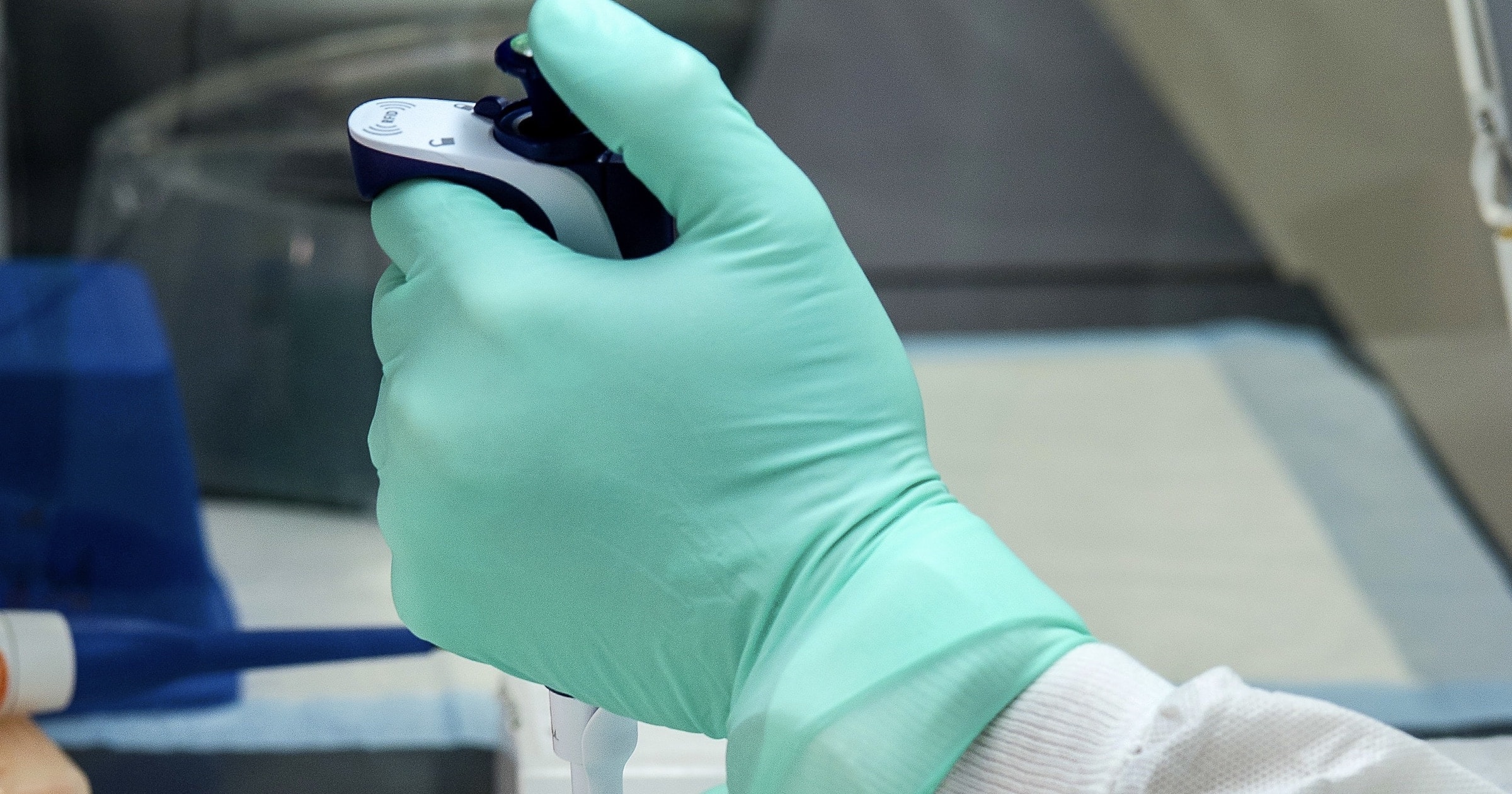When scientists claim they have simulated early Earth chemistry to create life from non-life, are they being honest? A new episode of ID the Future is the fourth and final installment in a series of conversations between philosopher of science Dr. Stephen Meyer, author of Signature in the Cell: DNA and the Evidence for Intelligent Design, and Dr. James Tour, a world-renowned synthetic organic chemist at Rice University. Dr. Tour has recently been engaged in a series of back-and-forth responses to attacks on his work from YouTuber “Professor” Dave Farina. This has given Tour a new opportunity to critique experts in the field of abiogenesis and allows an interested public to better evaluate both sides of the argument.
In Part 4, Meyer and Tour evaluate the work of chemist Bruce Lipshutz; specifically his work designing surfactant molecules that enable amide/peptide bonds. By itself, Lipshutz’s work developing synthetic techniques for doing chemistry in water is interesting and has value. But for those tempted to think that his work validates chemical evolutionary theories of the origin of life, Tour has bad news. Peptides don’t form in aqueous environments like water. A realistic prebiotic environment would not be capable of producing the reactions necessary to form proteins. And Lipshutz acknowledges this. In their conversation, Tour and Meyer discuss how Lipshutz applies hands-on chemistry that bears no resemblance to the likely conditions of a prebiotic Earth. If anything, the work of Lipshutz and others in origin of life research is actually simulating the need for intelligent agency to move simple chemicals in a life-friendly direction. Says Meyer, “Even the modest movement they get towards life seems to be intelligently designed at each step of the way, and even the vocabulary will sometimes reveal that: ribozyme engineer, designer surfactants. Very curious!”
Download the podcast or listen to it here. This is Part 4 of a 4-part series.
WATCH the video versions of these conversations at Dr. Meyer’s YouTube Channel.
LISTEN to the full series: Part 1, Part 2, Part 3.
More Resources
- Dr. Meyer recommends the recent book The Mystery of Life’s Origin: The Continuing Controversy, which includes an updated version of the classic text plus new chapters on the current state of the origin of life debate from Dr. Tour, Dr. Meyer, Jonathan Wells, Guillermo Gonzalez, and Brian Miller.
- Dr. James Tour’s lecture at the 2019 Dallas Science & Faith Conference: “The Mystery of the Origin of Life“
- Dr. Tour’s video series: Addressing Abiogenesis (Season 1)
- Dr. Tour’s video series continues: Addressing Abiogenesis (Season 2)








































